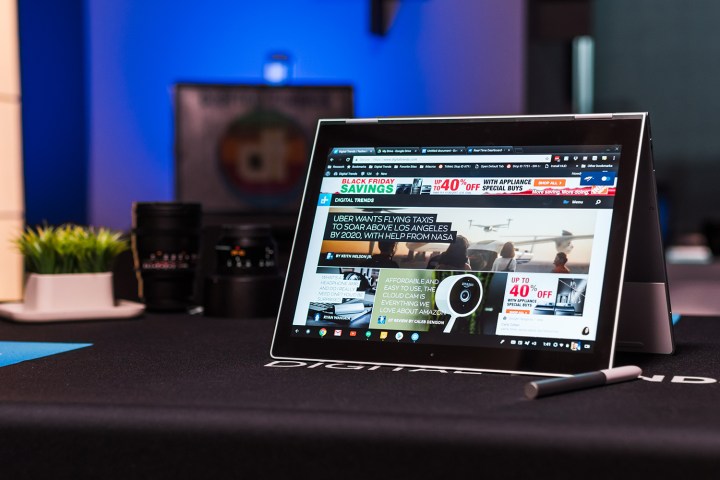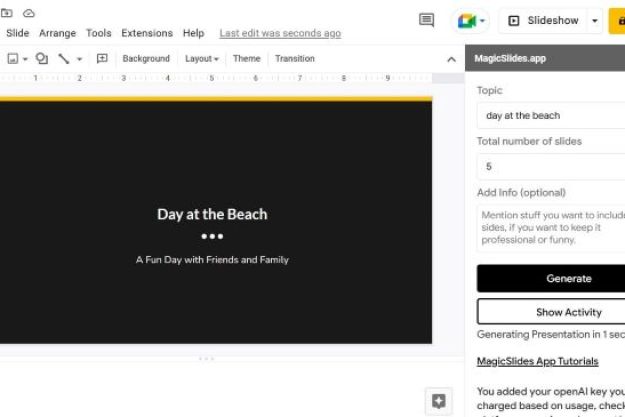
Chromebooks aren’t typically the most powerful of computers, but Google turned that paradigm on its head with the launch of the original Pixelbook in 2017, and now it may be set to do it again. Rumors point to the release of a new Pixelbook before the end of 2018 and though we have no hard specifications to quote, it seems likely that a hardware refresh would see it become the most powerful Chromebook ever made.
As it stands, the original Pixelbook is still king of the Chromebooks. It’s not our favorite, but it’s certainly the most capable of the typically entry-level laptops. It debuted with options for seventh-generation Core i5 and Core i7 Intel CPUs, up to 16GB of RAM, and up to 512GB of solid-state storage. Rumors of the next-generation Pixelbook suggest it will ship with thinner bezels surrounding the monitor. We would expect a hardware update, too.
The latest information comes from serial leaker Evan Bliss, via 9to5Mac, who suggested that alongside the debut of Google’s expected Pixel 3 and Pixel 3 XL smartphones, a new Pixelbook with thinner bezels would ship before the end of the year. Considering that just about every new laptop launched in 2018 has come with an eighth-generation Intel CPU under the hood, we’d expect the next Pixelbook to do much the same, especially considering that range’s propensity for using high-end hardware.
Add to this fall hardware lineup a second-generation Pixelbook, with smaller bezels, scheduled to ship before the end of the year.
— Evan Blass (@evleaks) July 22, 2018
As for the rest of the system, 16GB of RAM seems likely to be the ceiling as you don’t really need much more than that unless you’re using a high-end workstation. Storage expansion is a possibility, too, though considering there is a focus on the display side of things, we wouldn’t be surprised if Google improved upon the existing Pixelbook’s display resolution of 2,400 x 1,600.
A new Pixelbook could also make the first-generation Pixelbook a more attractive purchase. Typically, last-generation hardware receives a price drop when a new version is available and the Pixelbook has already had its price cut by $250 during select sale periods. There have also been rumors of the Pixelbook being able to boot to Windows 10 too, which would make it an even more attractive purchase.
Editors' Recommendations
- The most common Google Meet problems and how to fix them
- Google is changing everything you know about Chromebooks
- Google Bard could soon become your new AI life coach
- This update could extend the life of your Chromebook by years
- The most powerful Surface laptop ever may launch later this year




